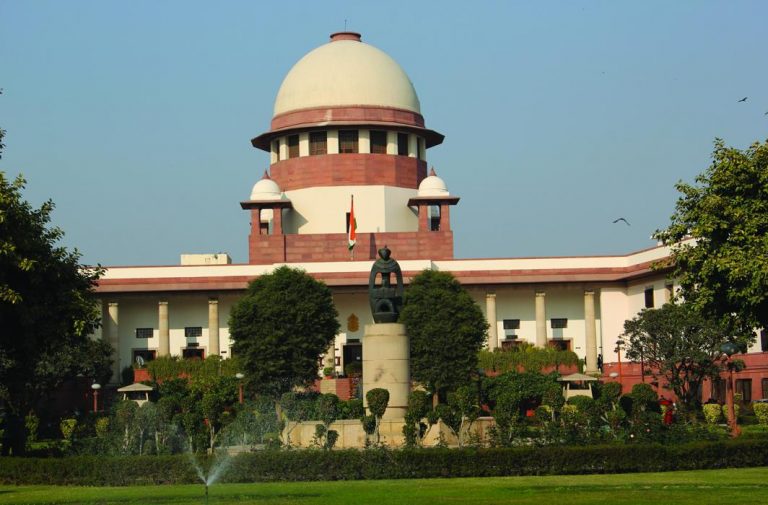
The Supreme Court allowed the review petition in the matter pertaining to the Scheduled Castes and the Scheduled Tribes (Prevention of Atrocities) Act, 1989, thus recalling parts of its order which had diluted the stringent effect of the Act.
The Bench of Justices Arun Mishra, MR Shah and BR Gavai in Union of India v State of Maharashtra observed that Court should not transgress into the legislative domain of policymaking.
A Division Bench of Justices AK Goel and UU Lalit on 20th March 2018 had mandated certain guidelines for arrests made under the Act to prevent its misuse. The order had pre-empted sanction before the arrest of public servants and private individuals under the SC/ST Act, and also made a primary enquiry a requirement before registering an FIR.
The Division Bench had said, “It is necessary to fashion new tools and strategies so as to check injustice and violation of fundamental rights… Power to declare law carries with it, within the limits of duty, to make law when none exists.”
Centre submitted that diluting the provisions by directing preliminary enquiry would result in accused getting away from arrest. The Act of 1989 was enacted to ‘instil a sense of protection amongst members of Scheduled Castes and Scheduled Tribes’ and any dilution would shake the very objective of the statute and cause miscarriage of justice even in deserving cases.
Court quoted a lecture by Justice MN Venkatachaliah, former CJI, in the context of judicial determination of policy – The proposition that “when there is no law the executive must step in and when the executive also does not act the judiciary should do so” is an attractive invitation: but it is more attractive than constitutionally sound.
Court pointed out that a rider of preliminary enquiry for FIRs attempted to be lodged by SC/ST members would play a mischief whereby upper caste/general category people approaching the police in a similar case for a cognizable offence could get FIR lodged forthrightly while SC/STs would be denied equal treatment.
The following directions of the Division Bench has been hence recalled:
- That arrest of a public servant can only be after approval of the appointing authority.
- The arrest of a non-public servant after approval by the Senior Superintendent of Police (SSP).
- The arrest may be in an appropriate case if considered necessary for reasons to be recorded;
- Reasons for arrest must be scrutinised by the Magistrate for permitting further detention;
- Preliminary enquiry to be conducted by the Dy. S.P. level officers to find out whether the allegations make out a case and that the allegations are not frivolous or motivated.
- Any violation of the directions mentioned above will be actionable by way of disciplinary action as well as contempt.
— India Legal Bureau

